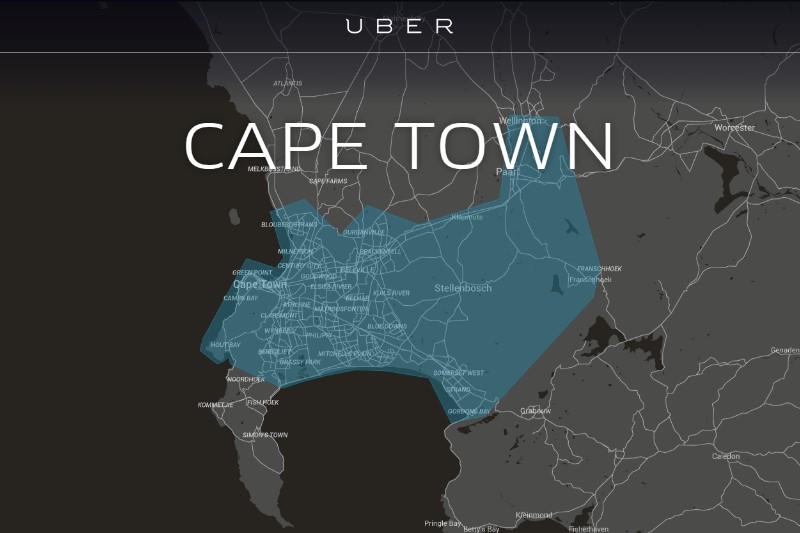The rapid rise of Uber and Airbnb, which have threatened the survival of traditional businesses, have attracted regulatory scrutiny everywhere in the world where their businesses are flourishing. Uber and Airbnb have disrupted the traditional taxi and hotel industries. And their potential for greater growth is still high. Microsoft SA enterprise & partners group lead Angela Gahagan says Uber exploits the prevalent technology of the day — smartphones and apps — to deliver a seamless experience for people who need transport.
Uber uses a mobile application to link drivers and customers.
San Francisco-based Airbnb is an online based business which connects home owners with people who want to rent homes — for days or weeks at a time.
Global research firm Gartner says the world economy has become ripe for digital disrupters, of which Uber and Airbnb are good examples.
Gartner explains that since such businesses exhibit "network effects — that is, their value increases with each new participant — they tend to form natural monopolies, but are challenged by very complex regulatory and marketplace dynamics, which makes them amenable to computational analysis."
Uber and Airbnb recently came under regulatory scrutiny in many cities where they operate. In the US, cities such as New York and Boston have noted the popularity of Airbnb and have assessed whether regulations are required. One of the areas of concern is the safety of renters, who may not be familiar with their surroundings.
During the festive season, Uber was severely criticised for charging exorbitant fares in some cities, while in New York it was partially suspended for refusing to hand over data from its customer base, in spite of its initial agreement to do so.
In Cape Town about 30 of its taxis were impounded because the drivers did not have the right permits to operate in the city.
Tamaryn Tesselaar of TNK Attorneys says the Uber controversy highlights a new compliance challenge likely to surface with mobile apps that connect consumers with service providers.
There is some uncertainty about the licensing category that an innovative service such as Uber should fall into, says Tesselaar. The National Land Transport Act makes provision for limited categories of vehicles which may obtain operating licences, she says.
According to Tesselaar, taxis associated with Uber would meet most of the requirements of a metered taxi, "save that [Uber] does not calculate its fares using a meter, which is required by the law. Instead the fare is calculated on a predetermined distance using GPS co-ordinates. Therefore, Uber model vehicles would not qualify for an operating licence," she explains in a statement.
While the law could be amended to accommodate this new form of fare calculation, Uber should in the meantime ensure that its partner drivers have metered taxi operating licences and use vehicles fitted with meters to calculate its fares, she says.
Customers should also be informed of the fare difference, and of which one will be used to bill them.
"I am certain that this interim measure would not have an impact on Uber’s bottom line," Tesselaar says.
"It’s just a clever, but lawful, way to remain compliant and ensure consumers are not left stranded after an impoundment."
According to Tesselaar, it is likely that more cases of a similar nature will arise as a growing numbers of apps come to market to connect consumers with service providers. Naturally, legislation often has to catch up with innovation.
Gartner stated last year that it expected significant disruptive digital businesses similar to Uber and Airbnb to be launched by 2017. The new businesses will be conceived by a computer algorithm. Gahagan says over the next few decades, digital disruption will move to reshape all of the world’s industries.
"Technology will help people make better use of their time, focus their attention and strengthen their relationships," she says.
For example, First National Bank (FNB) has exploited new technology using Microsoft’s Kinect motion-based sensing technology. It allows consumers to apply for accounts with a wave of the hand, using technology that is strategically positioned in front of select dotFNB stores. Users can select a desired account and an accompanying device, all without having to enter an FNB branch.
They are able to use this platform to apply for an FNB account outside normal banking hours, one of the conveniences of online interfacing, Gahagan says.

